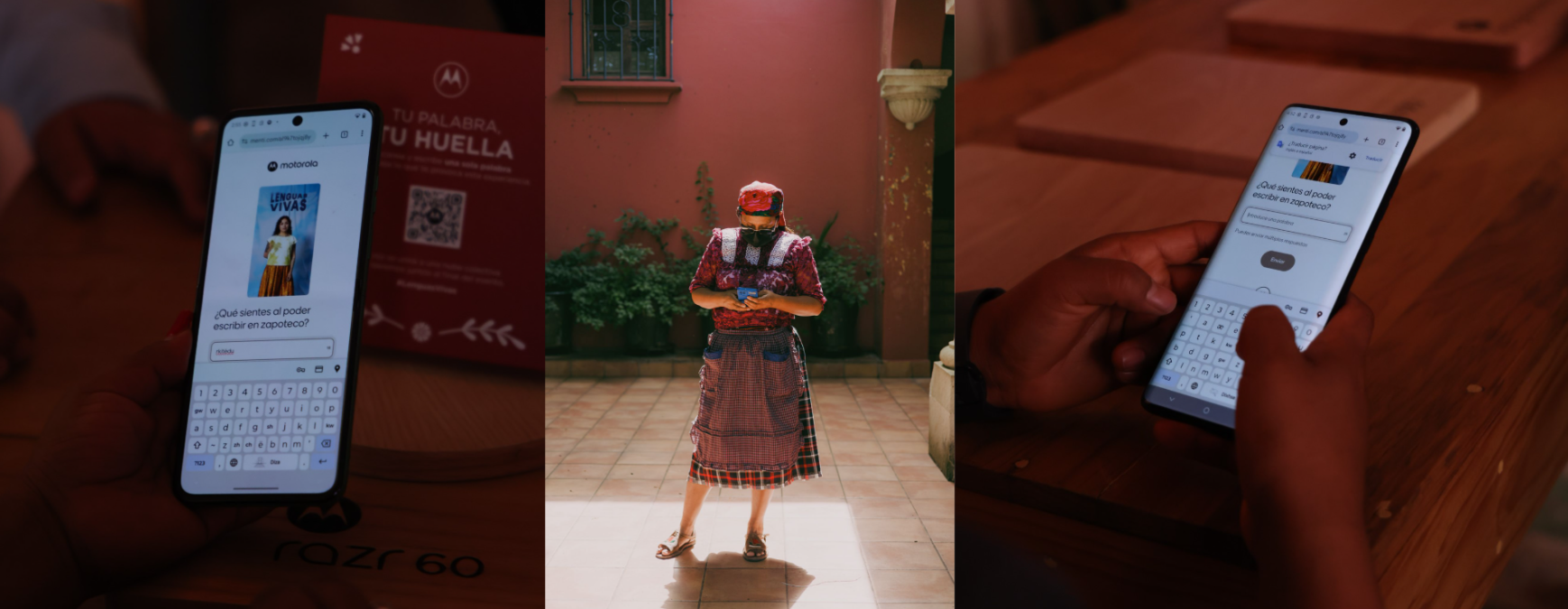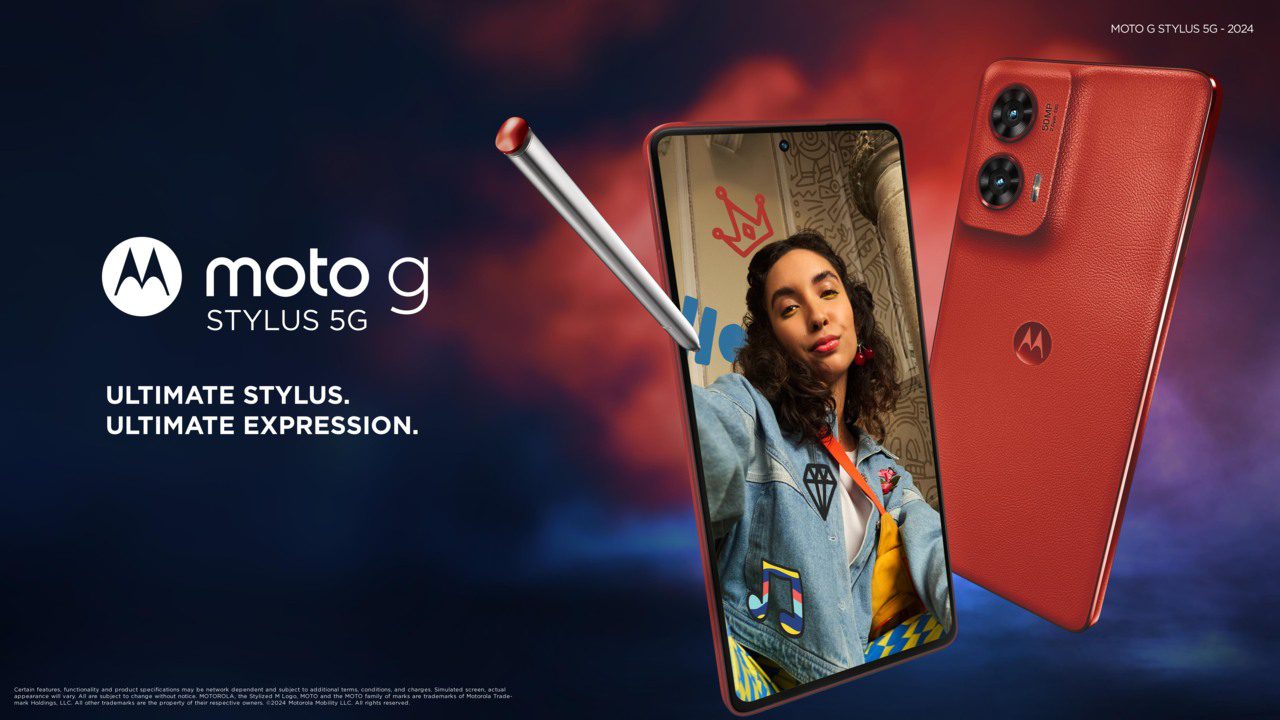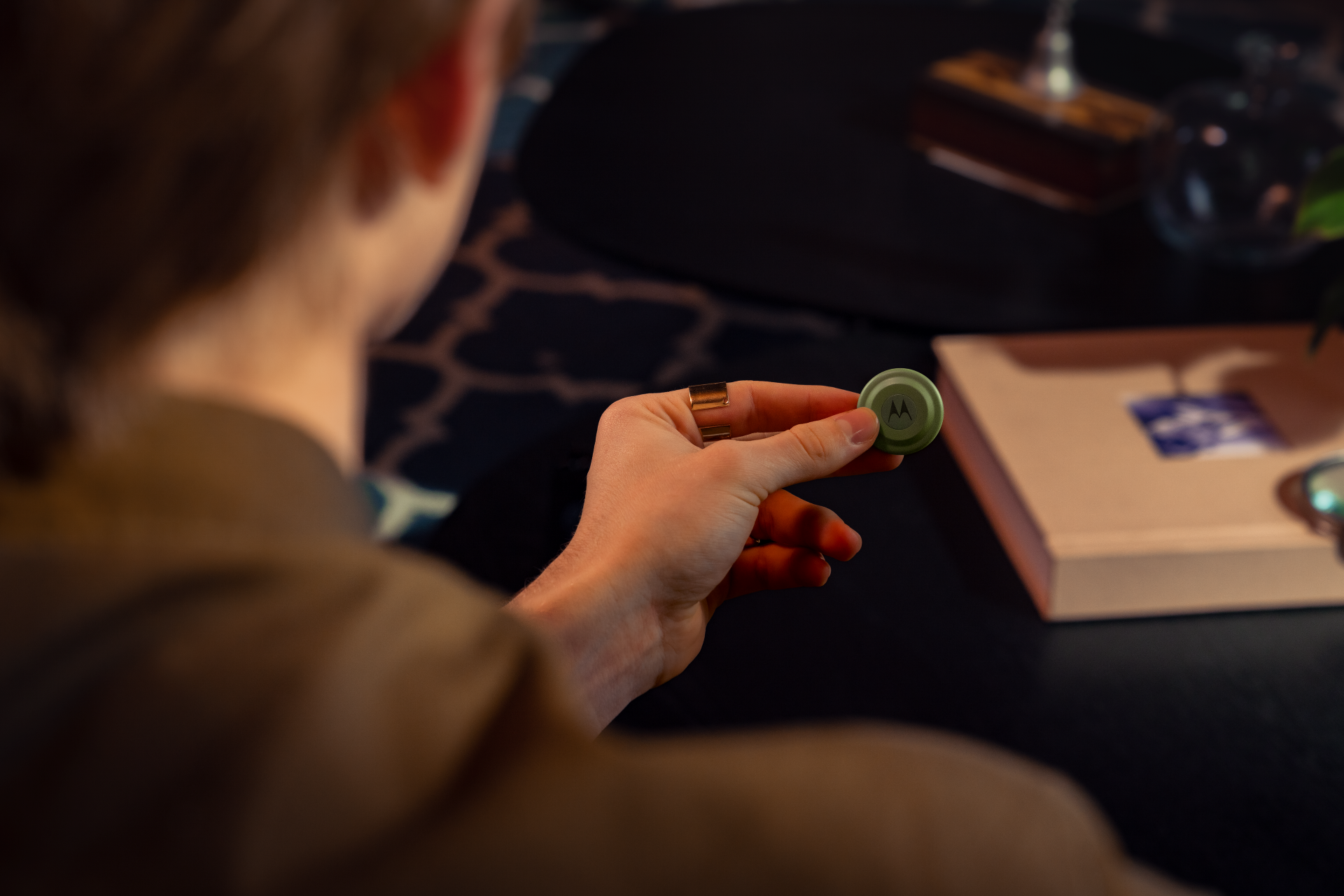
As Motorola continues to embrace inclusivity through our Smarter Technology for All concept, we´ve added two endangered indigenous languages to our devices, becoming the first mobile phone manufacturer to support indigenous language spoken in the Amazon. Now, anyone who owns a new Motorola device, or a Motorola device that supports Android 11, will be able to access Kaingang and Nheengatu as part of the 80+ languages we offer through Android.
At Motorola, we know indigenous populations are interacting with mobile technology and are one of many diverse groups that make up our valued consumer base. With the largest part of our users based in Latin America, we noticed that Brazilian and Latin American indigenous languages were not present on Android, nor were they a part of Unicode, which forms the foundation of digital inclusion and representation throughout a variety of digital interfaces.
Unfortunately, many of these indigenous languages are in danger of disappearing completely. Prior to the arrival of the Portuguese to what would then become Brazil, approximately 1,215 languages were spoken in the territory. But as native speakers lose proficiency in traditional languages and children no longer learn them as their mother tongue at home, many of these languages have ceased to exist. 500 years later, only around 200 of them remain, and in less than a century this number could go all the way down to zero.
When a language ceases to exist, the history, culture and identity of those who speak it cease to exist as well, and a world heritage dies. Robert Melo from our Globalization engineering team asked himself, how can we help preserve or even revitalize some of these endangered languages through our software experience? In response, he led a team of engineers to conduct research and development. Juliana Rebelatto managed our Language Services activities and indigenous linguists and scholars, led by Professor Wilmar Angelis from Unicamp University in Brazil, to add Kaingang and Nheengatu to our devices through Android.
We´re thrilled to act as pioneers of digital inclusion, taking an important step toward a mobile experience that embraces all our users and contributes to the survival of indigenous languages and cultures, says Janine Oliveira, Executive Director of Globalization Software at Motorola Mobility. By sharing our innovation with other OEMs and other globalization professionals, we hope to broaden the impact of this project and pave the way for more indigenous languages to be added to Android in the future.
Since the integration of native languages in written form is crucial for their preservation, we´re working closely with Google to make these languages available in AOSP and Google Gboard, and will also work with the Unicode consortium to open source all of the language data we´ve collected with their support.
We will continue to conduct research alongside indigenous communities and engage with regional teams to enrich Motorola experiences and the lives of our incredible consumers.







